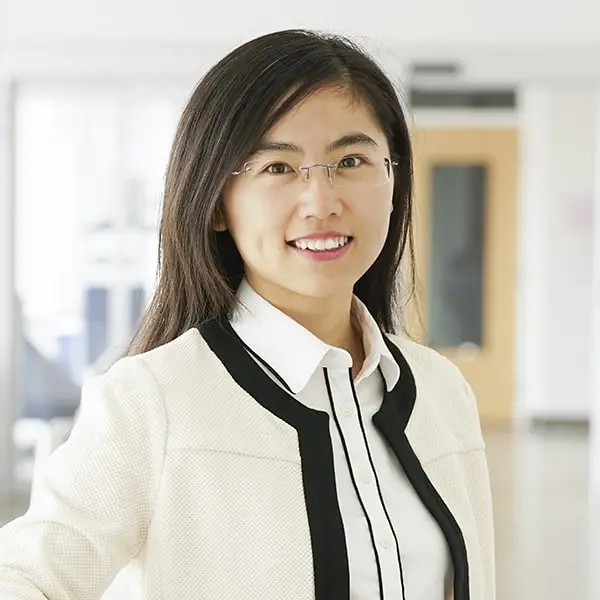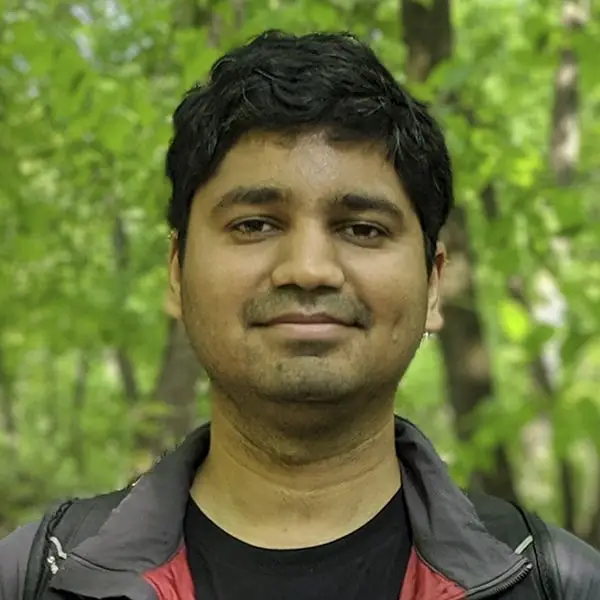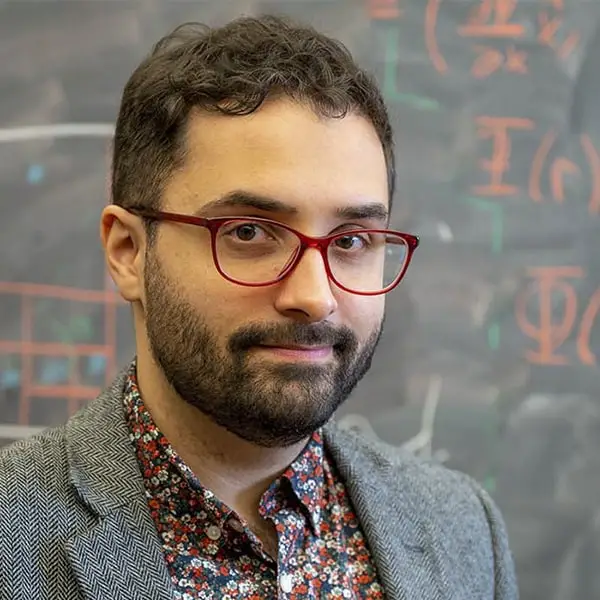Fei Fang(opens in new window) and Pravesh Kothari(opens in new window), both assistant professors in Carnegie Mellon University's School of Computer Science(opens in new window), and Carl Rodriguez(opens in new window), an assistant professor in CMU's Department of Physics(opens in new window) and member of the McWilliams Center for Cosmology(opens in new window), are among 118 recipients of 2022 Sloan Research Fellowships, which honor early career scholars whose achievements put them among the very best scientific minds today.
The fellowship, awarded by the Alfred P. Sloan Foundation, is considered one of the top awards for young researchers. The two-year fellowship provides $75,000 to early-career researchers in recognition of distinguished performance and a unique potential to make substantial contributions to their field.
"Today's Sloan Research Fellows represent the scientific leaders of tomorrow," said Adam F. Falk, president of the Sloan Foundation. "As formidable young scholars, they are already shaping the research agenda within their respective fields — and their trailblazing won't end here."
Fang, the Leonardo Assistant Professor in the Institute for Software Research(opens in new window), studies the integration of machine learning with game theory to tackle real-world problems. Her work has been used by the U.S. Coast Guard to protect the Staten Island Ferry; led to the development of the Protection Assistant for Wildlife Security (PAWS), a tool that assists with antipoaching efforts; and was recently used to address food security in collaboration with the Pittsburgh-based nonprofit 412 Food Rescue.
Jim Herbsleb, director of ISR and Fang's nominator for the fellowship, said that through integrating machine learning and game theory, her work has led to a better understanding of strategic interactions in complex environments.
"Fang's work reflects a rare combination of significant theoretical advances and high-impact practical applications," Herbsleb said. "She has devoted herself to making a real-world impact by transforming theory into practice via collaborations and driving positive societal changes in diverse areas such as public safety, environmental sustainability and food security."
Kothari works broadly in the field of theoretical computer science and its interactions with allied areas such as high-dimensional probability and statistical estimation. His research develops a new approach, called the "proofs-to-algorithms" paradigm, for designing algorithms for statistical estimation problems arising in areas such as machine learning and cryptography.
Kothari's approach both uses and builds new connections between algorithm design and proof complexity — the study of the complexity of mathematical proofs themselves. His recent work has led to progress on long-standing open questions such as finding an algorithm(opens in new window) to robustly learn a mixture of arbitrary Gaussians and proving(opens in new window) Feige's conjecture in combinatorics on the length of the smallest cycle in hypergraphs.
"Kothari is a prolific researcher doing influential and deep work at the intersection of algorithms, statistics, machine learning and complexity theory," said Computer Science Department Professor Ryan O'Donnell, who nominated Kothari. "The 'proofs to algorithms' paradigm he is developing has greatly enriched our understanding of optimization under stochastic inputs."
Rodriguez's work focuses on gravitational waves, ripples in spacetime that were first observed by the Laser Interferometer Gravitational-Wave Observatory (LIGO) in 2015. He is particularly interested in the dynamics and evolution of stars and star clusters, and what the gravitational waves they create can tell us about stars and galaxies across cosmic time.
"Gravitational waves give us an insight into the universe that is novel; they give us a much fuller view of the universe. They tell us things about how stars evolve and die and the supernovas that drive the end of massive stars' lives," said Rodriguez. "I'm honored to receive the Sloan Fellowship and excited that they chose to recognize gravitational wave research as it moves to the forefront of astronomy and physics."
In his work, Rodriguez uses high performance computing, including machines at the Pittsburgh Supercomputing Center, to simulate the dynamics of star clusters in order to better understand how gravitational forces effect the evolution of binary stars and create gravitational waves.
Read more about the fellowship on the Sloan Foundation's website(opens in new window).
Fei Fang
Pravesh Kothari
Carl Rodriguez


